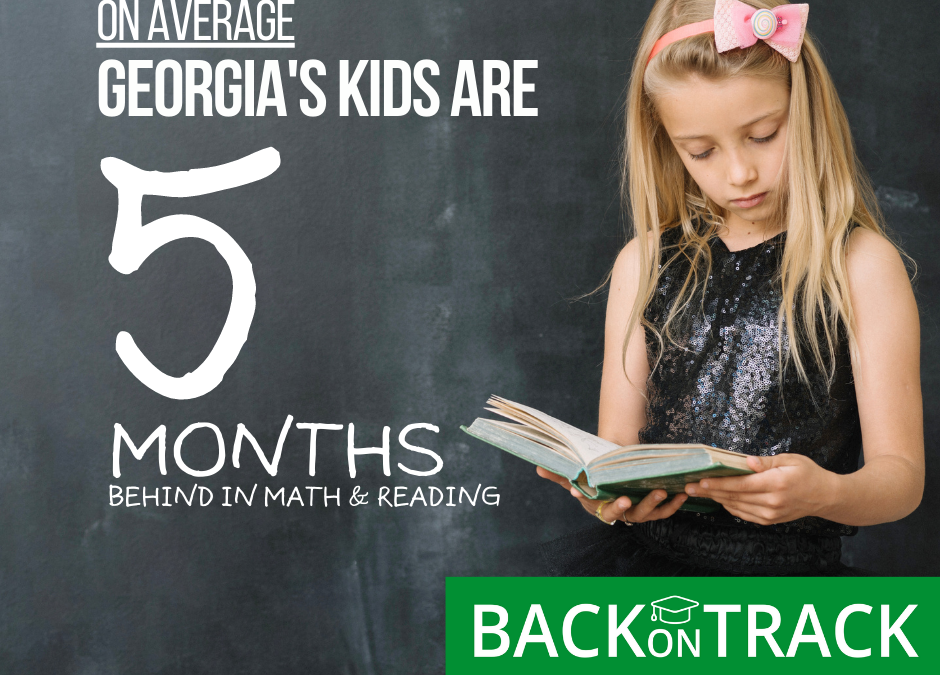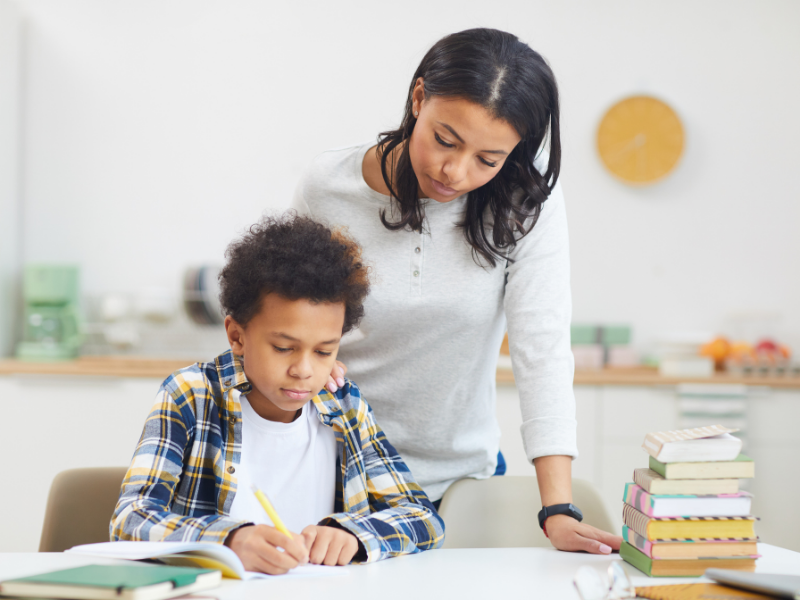
School choice story: How Hudson’s life was transformed in a matter of months
School choice story: How Hudson’s life was transformed in a matter of months

Hudson’s Story
Hudson is the third born in a family of five boys. His mom, Kristen, shared that both she and her husband went to public schools and they support the local system.
“We’ve always just said that we would send our kids to public school as long as there weren’t any type of issues,” Kristen said.
It was a no-brainer that they chose to enroll Hudson in a public school kindergarten. And he did well. But beginning in first grade, Kristen began to notice some problems with Hudson’s reading ability. He excelled in math and was considered gifted there, but he struggled with reading.
Kristen began using a private tutor to help Hudson with his reading and speech. By third grade, Hudson had an official diagnosis of a reading disability and a processing disability. The public school gave him an Individualized Education Plan (IEP).
Going into fourth grade, Kristen was concerned that Hudson would get lost in the larger class size, going from about 20 kids per class to 30.
The last straw was that Hudson would cry every morning before going to school. “We weren’t used to kids not liking school,” Kristen said. “He was just so upset every day. He just didn’t want to go.”
At that point, Kristen and her husband made a decision—to move Hudson from the local public school to The Bedford School in Fairburn, Georgia.
Now at the Bedford School, Hudson is thriving. His class size is no more than 10 students.
“At Bedford, I like to write, do social studies, reading class, and also math,” Hudson said. “I can tell that I’ve improved my reading and writing.”
Before, Hudson would stay quiet in class, embarrassed that he was behind in his subjects. But now at the Bedford School, his confidence has soared. Hudson is involved with intramural sports at Bedford and the kids are supportive of one another, always high-fiving.
What’s more, all of his teachers truly know him and take the time to provide individualized attention.
More Options for More Families
“The school’s goal is to teach the kids how to learn and then turn them over back into a different traditional school system, whether that’s public or private, but not at Bedford anymore, which is good because it’s helping them learn how to succeed in a more normal environment,” Kristen said.
“I feel that the public school is just limited because of all the government roles and the paperwork, and the processes that they have to go through, which they don’t have at Bedford. What a difference there has been with him just being there a few months,” she added.
Thankfully, Hudson was able to attend the Bedford School due to financial support through the Georgia Special Needs Scholarship Program, which covers around one-fourth of the tuition.
Children like Hudson across Georgia need the same kind of support. It’s crucial that Georgia offers educational alternatives to all students, not just those in the right zip code or whose families can afford it. That is why we must continue to support the Georgia Tax Credit Scholarship Program, the Georgia Special Needs Scholarship Program, and work to create Education Scholarship Accounts for all Georgia students.












